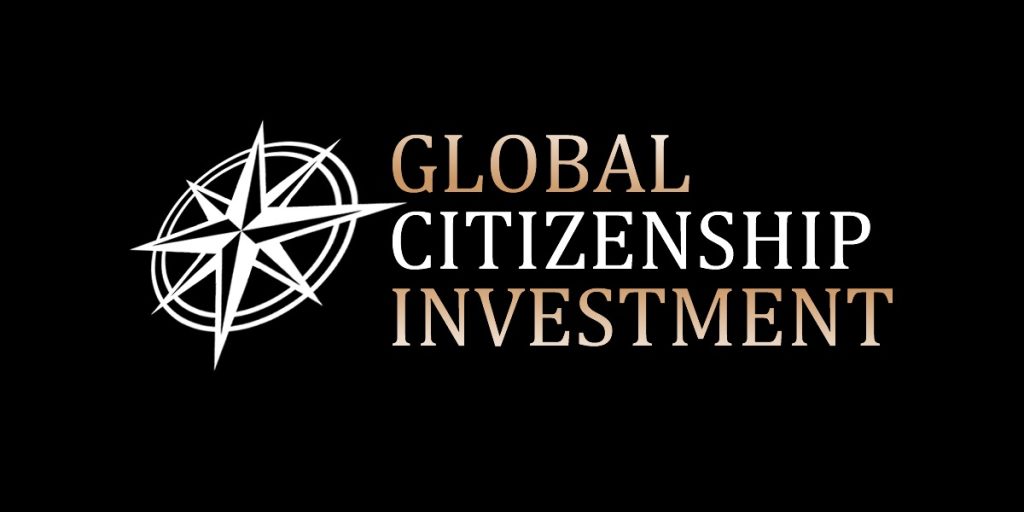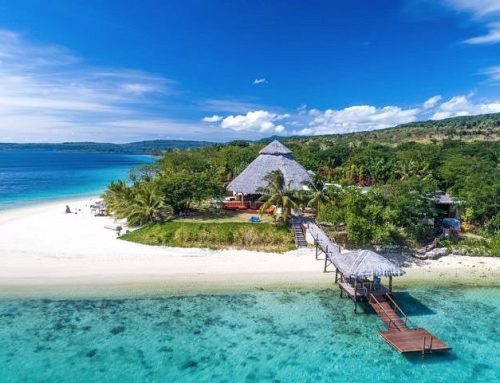The offshore residency world was rocked last week by the news that Portugal’s Golden Visa scheme is being discontinued, just days after Ireland ended its own scheme. Originally introduced in 2012 during the Great Financial Crisis, both countries aimed to boost the domestic real estate market with foreign capital and thus strengthen bank balance sheets.
The program was a complete success and brought billions of euros from abroad to the domestic real estate markets. However, in recent years there have been increasing concerns about the political controversy generated by the scheme. The program attracted a significant number of wealthy foreign investors, usually EU residents. The associated increase in real estate prices meant that the domestic market became unaffordable for many Portuguese. In addition, there were concerns that the scheme could encourage money laundering.
Therefore, according to the EU, the decision to end the Golden Visa program in Portugal, as previously in Ireland, is an important step towards resolving these concerns and sends a clear message to potential foreign investors that more attention will be paid to transparency and sustainability in the future.
Portugal has welcomed nearly 12,000 households to its shores through the Golden Visa program since 2012. Although this number seems small at first glance, the impact on the Portuguese real estate market has become immense. Property values have increased by more than 75% since the program was launched.
However, increased demand for property from wealthy foreign investors has pushed out more than half of Portuguese earning less than €1,000 a month. It has been reported time and time again that investors have bought real estate for three times the price, leading to aggravation of social inequality in the country. For this reason we have decided not to offer such a program.
A distinctive feature of the Golden Visa program that made it both attractive and harmful was the fact that it did not require a presence in Portugal. Many applicants bought properties, spent only two weeks a year in them and either left them empty or rented them out as Airbnb apartments for the rest of the time. These practices led to a significant strain on the housing markets in Portugal and further exacerbated social inequality.
The introduction of the Golden Visa program has created two distortions in the Portuguese real estate market. For one thing, the program was offered at a minimum price in many parts of Portugal, leading to sellers pricing their properties on the basis of foreign wealth, driving asking prices well beyond what native Portuguese could afford.
Second, long-term rentals have become unaffordable for locals as so many properties have been taken off the market or rented short-term. In Lisbon, short-term rentals now account for more than 60% of listed properties. Lisbon is the third most expensive rental market in Europe after Milan and Paris. In the last quarter of last year, rents rose by 37% in this city alone.
These developments have left many ordinary Portuguese unhappy and generated political pressure from within. However, this is not the only problem facing the country.
The European Union put significant pressure on Portugal and other countries that had introduced the Golden Visa program. At the end of 2022, the President of the European Commission, Ursula von der Leyen, warned that the values of the region were “not for sale”.
EU pressure had previously resulted in Malta, Cyprus, Latvia, Moldova, Montenegro, North Macedonia, Albania and Bulgaria having to give up their initiatives. It was therefore only a matter of time before Ireland and Portugal followed suit.
Paradoxically, the growing popularity of the Portuguese program among Americans in recent years – coupled with an expected influx from Ukraine – may have put the proverbial nail in the program’s coffin.
However, there are still options for those interested in getting a Golden Visa. Existing visas will be extended as long as the recipient either lives in their Portuguese property or rents it long-term. Additionally, Portugal plans to offer the country’s “digital nomads” D7 visa as the main route of residence, allowing foreigners to live in the country on foreign income. The D2 visa, available to entrepreneurs starting a business in the country, also doesn’t appear to be under threat.
There are also continued EU-based “residence-by-investment” programs in Greece, Spain and Montenegro, as well as ancestry-based programs in several countries.
Still, the trend is unmistakable, and anyone interested in an EU residence permit, especially if the ultimate goal is a European passport, should act now.
If you’re thinking about leaving the country but don’t know where to start, our GCI UNT Worldwide team is here to help.
We’ve helped hundreds of people move their businesses overseas, legally reduce their taxes, and become dual citizens. We are focused on high-net-worth individuals and their families as well as corporations wishing to invest their offshore companies or even secure their wealth in offshore financial centers around the world. We will help you to find the best solution for setting up an offshore or onshore company. Another special area of our full-service consulting is the investment opportunity and solution in Europe, especially in the Balkans, Africa, Asia, UAE, the Caribbean and the Pacific.
If you are looking for it, please feel free to contact us. We create a holistic plan that serves your purpose.
The Global Citizenship Investment Worldwide Group is a leading professional International Business Investment and Advisory Firm for Foreign Economic Relations, with 17th. departments in different Countries and the Headquarter in Malaysia.
(GCI UNIT Worldwide), designs and implements customized, holistic strategies for successful investors and entrepreneurs to legally reduce their tax bills, diversify and protect their wealth, invest abroad, gain a second citizenship and live a freer life worldwide to lead.
YOUR CHANCE FOR A BETTER LIVE
GCI firm is a professional International Business Investment and Advisory Firm for Foreign Economic Relations. Our range of services includes:
• Offshore and Onshore Company Formation,
• international Business & Management
• Citizenship & Residency
Advice on residency and citizenship by investment programs, VIP citizenship programs in
cooperation with more than 70 countries
• Investments & Corporate Financing
• Advisory for Foreign Economic Relationship
• Diplomatic Consultancy & Public Affairs
If you would like to discuss your internationalization and diversification plans, book a consulting session* or email us under: [email protected]
*A counseling session is a conversation about your portfolio and goals. It does not constitute legal, financial, tax or investment advice.
Department GCI – Unit Global Citizenship Investment (GCI worldwide)
by TCME Worldwide Group – Global Investments –
Level 33, Ilham Tower, 8 Jalan Binjai,
Kuala Lumpur 50450, Malaysia
www.tcme.company
www.citizenship-news.com
Phone: +66 99091 8357 also for WhatsApp





